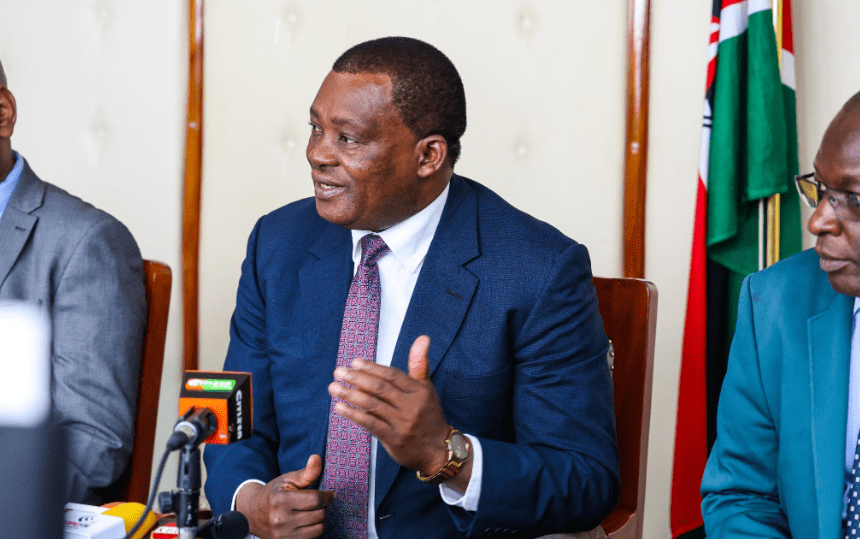How to insulate economy from political shocks

Kenya’s political arena has long been defined by a complicated web of shifting alliances, recurring electoral disputes, and intricate ethnic ties.
This volatile environment breeds uncertainty that extends far beyond political rhetoric, directly impacting the nation’s economic stability and future prospects.
The consequences are not merely theoretical; political instability can discourage investment, upset markets, and significantly impede economic growth.
The decline in investor confidence stands as one of the most direct and damaging effects of political unrest.
Both domestic and foreign investors seek predictable and stable environments to protect their interests. In a stark illustration of this principle, international investors pulled out of the
Kenyan economy between September and December 2024, withdrawing about Sh16 billion due to increased political turbulence and uncertainty.
This massive capital flight not only puts immense pressure on financial markets but also makes it increasingly difficult for the nation to attract new investments, effectively choking economic growth.
The economic repercussions cascade through multiple sectors. The national currency experiences significant depreciation under the pressure of foreign capital withdrawal.
As the shilling loses value, import costs rise dramatically, creating inflationary pressures that disproportionately impact lower and middle-class Kenyans. Consumer purchasing power erodes, further slowing overall economic momentum.
Political disturbances manifest most visibly through protests, strikes, and demonstrations that directly interfere with business operations.
The proposed Finance Bill of 2024 serves as a prime example, triggering a wave of anti-tax protests that caused business activity to plummet.
The Purchasing Managers’ Index dropped to its lowest level since April 2021, reflecting sharp declines in output, new orders, and employment – critical indicators of economic health.
Foreign Direct Investment (FDI), a crucial driver of economic development, becomes particularly vulnerable in such an unstable environment.
Uncertainty surrounding governance, policy continuity, and national security deters investors from committing to long-term projects. The resulting decline in FDI inflows deprives Kenya of vital capital, technological transfer, and significant employment opportunities.
The socio-economic ramifications extend beyond macroeconomic indicators. Widespread protests often result in loss of life, property destruction, and severe disruption of daily economic activities.
The human and economic costs associated with such unrest can have long-lasting effects on productivity, social cohesion, and the overall investment climate.
The 2024 Finance Bill epitomises how political decisions can ignite economic turmoil. Originally aimed at raising Sh346 billion for debt repayment and development projects, the bill faced intense public opposition.
The subsequent protests led to its withdrawal and a massive Sh999 billion budget cut, demonstrating the delicate balance required in policy formulation to maintain social and economic stability.
Long-term consequences are profound and potentially devastating.
Persistent unrest can lead to structural economic challenges, including reduced national competitiveness, brain drain, and weakened institutional frameworks. Moreover, the diversion of government attention and resources to address immediate crises impedes the implementation of critical long-term development strategies.
As Kenya approaches the 2027 general election, proactive measures are imperative to insulate the economy from political shocks. Strengthening democratic institutions is paramount.
This means creating a balanced and corruption-free Independent Electoral and Boundaries Commission that can ensure fair, transparent electoral processes and reduce post-election tensions.
Promoting inclusive governance is equally crucial. By ensuring all communities and political players have a meaningful stake in governance, the likelihood of post-election violence and economic disruption can be significantly reduced.
This requires a participatory approach to policymaking, involving key stakeholders including the private sector, civil society, and opposition parties.
— The writer is an Economist and Accountant currently with the Kenya School of TVET in Gigiri, Nairobi













